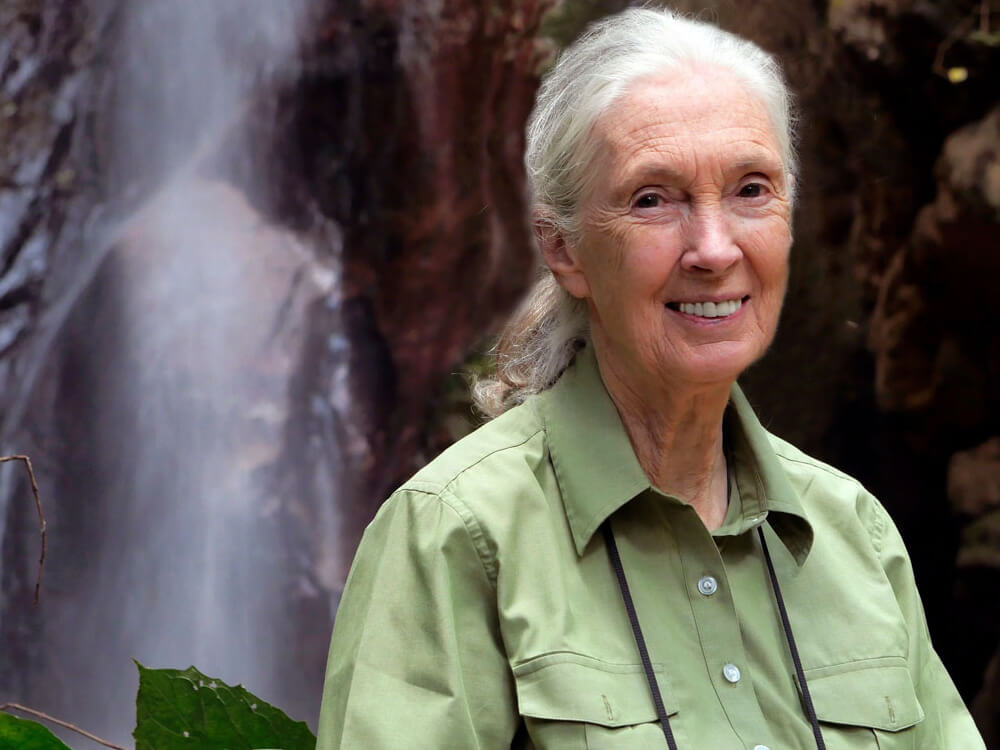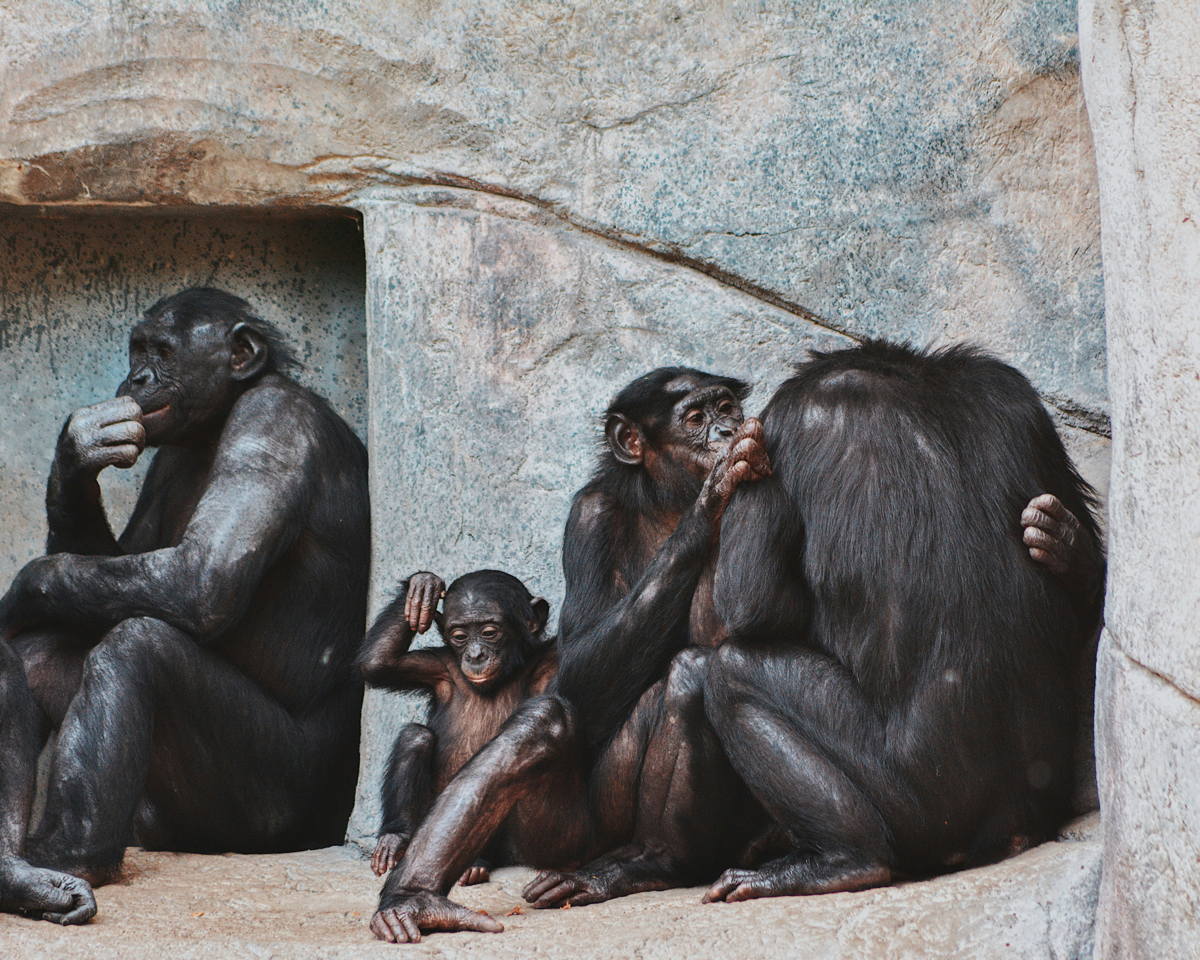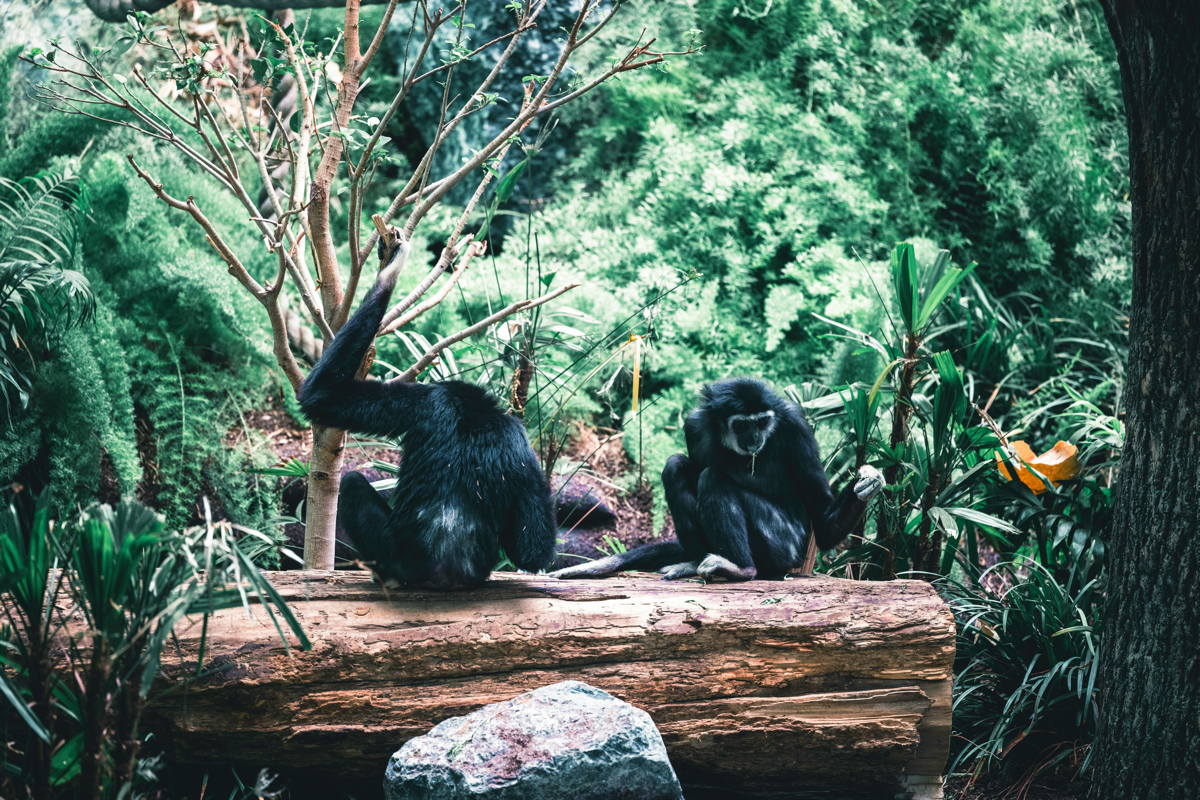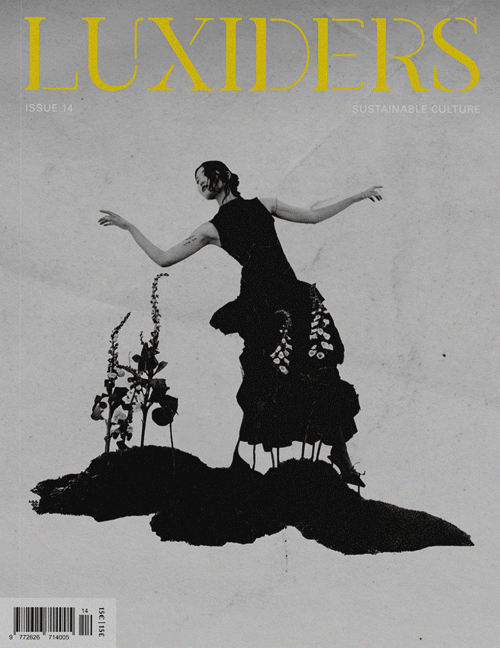
The Immortal Legacy of Jane Goodall: A Woman Who Taught Us to Rethink Humanity
The scientific, environmental, and humanitarian community has been shaken by the news: Dr Jane Goodall DBE, Founder of the Jane Goodall Institute, United Nations Messenger of Peace, and one of the world’s most influential primatologists and conservationists, has died at the age of 91, of natural causes, while on a lecture tour in California. Her passing marks the end of an extraordinary chapter, but also ensures that her voice and vision will resonate far into the future.
From Secretary to Scientific Pioneer
The world has lost one of its most luminous voices. Dr Jane Goodall, DBE, founder of the Jane Goodall Institute, UN Messenger of Peace, and the woman who redefined our understanding of chimpanzees and, ultimately, ourselves, has died at the age of 91 of natural causes during a lecture tour in California. Her passing is more than the death of a scientist. It is the closing of a chapter that spanned six decades of pioneering research, tireless activism, and unflinching hope.
Jane Goodall’s story has always read like something out of a novel. Born in London in 1934, she arrived in Tanzania at just 26 years old, armed not with a PhD but with a notebook, a pair of binoculars, and a resolve that would change science forever. Encouraged by the famed palaeontologist Louis Leakey, she began her life’s work in the forests of Gombe. What followed was a revolution.
Until Goodall, humans were considered the only tool-makers. In 1960, she observed chimpanzees stripping leaves from twigs to extract termites, proving that the line between us and them was not as solid as textbooks suggested. “We must now redefine man, redefine tool, or accept chimpanzees as human,” Leakey famously remarked. Her detailed chronicles of their social bonds, their violence, their grief, and their tenderness forced science — and society — to reconsider its assumptions about intelligence, morality, and even the soul.
“You cannot get through a single day without having an impact on the world around you.”— Jane Goodall.

Scientific Breakthroughs that Changed the World
But Goodall never confined herself to observation. In 1977, she founded the Jane Goodall Institute, which today operates in over 27 countries. It became not just a hub for research but a model for conservation rooted in community. By harnessing technology, from satellite mapping to mobile data collection, the Institute has helped restore forests, protect endangered habitats, and empower local people to build livelihoods that do not destroy the ecosystems around them. The numbers speak for themselves: wild chimpanzees, whose populations have plummeted from more than a million a century ago to fewer than 300,000 today, have a fighting chance of survival thanks to the corridors of forest and networks of guardians created under her guidance.
Her impact stretched beyond science. In 1991, she launched Roots & Shoots, a youth programme that has since mobilised millions of young people in nearly 100 countries to design projects for animals, people, and the planet. The logic was simple but profound: change starts with the young, and leadership begins with empathy.
Goodall’s voice also reached the global stage. She became a UN Messenger of Peace, was appointed Dame Commander of the Order of the British Empire, received the Templeton Prize in 2021, and in 2025 was awarded the Presidential Medal of Freedom in the United States. Yet despite these accolades, she often described herself as “a messenger for the chimpanzees” and an advocate for hope.
Even in her ninth decade, she remained indefatigable. She travelled the world giving more than 300 lectures a year, urging audiences not just to marvel at the natural world but to fight for it. Her message was consistent: every individual matters, every action counts, and hope is a responsibility, not a luxury.
“There is still so much in the world worth fighting for.” — Jane Goodall.

Quotes to Carry Into Every Day
For Luxiders Magazine, Jane Goodall’s legacy resonates deeply. Her life’s work was an act of radical connection — between species, between people, between generations. She once said: “What you do makes a difference, and you have to decide what kind of difference you want to make.” It is a phrase that captures both her philosophy and her challenge to us.
Other words of hers echo as a call to action: “Every individual matters. Every individual has a role to play. Every individual makes a difference.” And perhaps the most urgent: “The greatest danger to our future is apathy.”
Jane Goodall has left the world, but her spirit endures in the forests she fought to save, in the millions she inspired, and in the questions she leaves us to answer. Do we have the courage to act as guardians rather than owners? Can we carry forward her faith in hope, even in the face of crisis? Her life proves that one individual, with vision and compassion, can ignite a movement that spans the globe. In mourning her loss, we inherit not only her memory but also her unfinished mission.
“The greatest danger to our future is apathy.” — Jane Goodall.
Hightlight Image:
© Courtesy by Jane Goodall Institute






